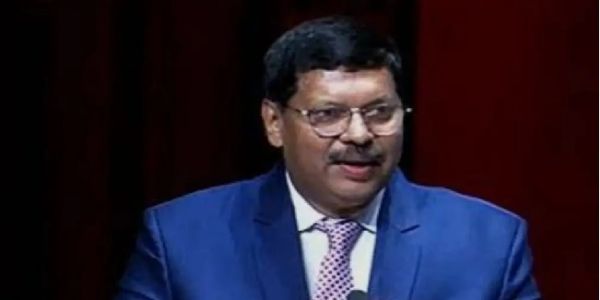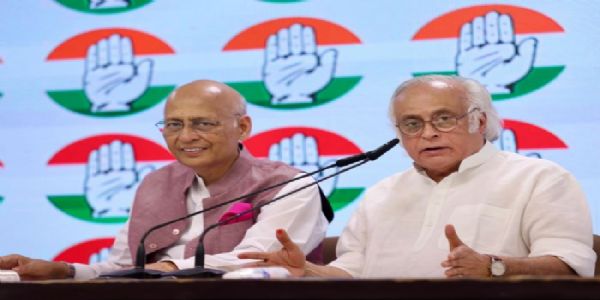
New Delhi, April 08 (H.S.) : The Supreme Court has made stern remarks today regarding the Governor of Tamil Nadu. The Supreme Court stated that the Governor's act of holding 10 bills passed by the Tamil Nadu Assembly is 'unconstitutional'.
A bench headed by Justice J.B. Pardiwala mentioned that any actions taken by the President regarding these bills do not hold any relevance. Once these bills are re-passed by the Assembly, they are considered to have the Governor's assent.
The Supreme Court remarked that the Governor's intentions were not right. After holding these bills for a long time, he sent them to the President. The bills were sent to the President after the Supreme Court delivered its judgment in the case concerning the Governor of Punjab. In that case, the Supreme Court stated that a Governor cannot hold onto a bill for too long and exercise a veto on it.
The Supreme Court has issued directives to the Governor regarding the decisions on bills passed by the Assembly under Article 200 of the Constitution. According to the directive, the Governor must make a decision on any bill sent by the Assembly within a maximum of one month, either to decide on it or send it to the Governor.
The directive indicates that if the Governor keeps a bill for the President’s advice against the advice of the state government, a decision must also be made within a maximum of three months. The Supreme Court's directive states that if the state Assembly re-passes a bill and sends it to the Governor, a decision must be made within a maximum of one month. The Supreme Court had reserved its judgment on this matter on February 10.
During the hearing on this day, the Supreme Court expressed objections, stating that it appears that the Governor is following a process of his own making. The bench mentioned that the Governor had up passed bills for a considerable amount of time under the pretext of opposition. The Supreme Court had stated during the hearing in November 2020 that when it issued a notice, the Governor sent the bill back. These bills had been pending since 2020. Why does the Governor wait for the Supreme Court to act? At that time, Attorney General R Venkataramani had remarked that the dispute is only regarding those bills that seek to withdraw the Governor's powers in the appointments in state universities.
The Tamil Nadu government's petition stated that Governor R.N. Ravi had not affixed his consent to the bills passed in the Assembly. The government alleged that the Governor had been sitting on files related to granting permission for prosecution of public servants and files related to the timely release of prisoners. The Tamil Nadu government demanded that the Governor be directed to dispose of these files in a timely manner.
Hindusthan Samachar / Jun Sarkar








